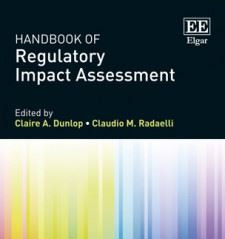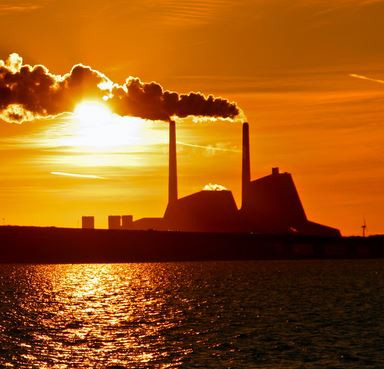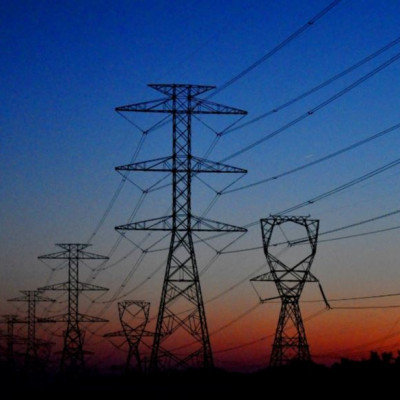May 3, 2016
April 2016 at Policy Integrity: Clean Power Plan News; Electricity Policy Updates; National Academy of Sciences Reviews Social Cost of Carbon; Oil & Gas Program Op-Ed; Methane Control Comments; Recent Publications
-
Clean Power Plan – Policy Brief, Panel Discussion, Op-Ed
Since the Supreme Court stayed EPA’s Clean Power Plan, which regulates carbon dioxide emissions from existing fossil fuel-fired power plants, opponents of the plan have been making unfounded assertions about the consequences of the stay. Our new policy brief clarifies the stay’s implications for EPA’s implementation work and the plan’s future compliance deadlines. The brief was discussed in two recent articles. On May 16 in San Francisco, we will host a panel discussion with four attorneys involved in the Clean Power Plan litigation, including our senior attorney Denise Grab (RSVP here). Richard Revesz also recently published an op-ed in US News & World Report, discussing the many precedents for the Clean Power Plan.
-
Electricity Policy Updates
Our focus on electricity policy continues to expand, and we recently weighed in on three important proceedings. The National Association of Regulatory Utility Commissioners (NARUC) is creating a Distributed Energy Resources Compensation Manual to assist states with net metering policy decisions and related pricing matters. We recently submitted comments to NARUC’s Staff Subcommittee on Rate Design regarding the most economically desirable approach to use. We also recently submitted comments (authored jointly with EDF) to the New York Public Service Commission on how the Commission should develop an interim successor to its net metering policy, and how distributed energy resources should be valued in the future. Additionally, we submitted comments outlining some steps that can help ensure that New York’s ambitious Clean Energy Standard is not excessively costly, and is effective in achieving all of its policy goals.
-

National Academy of Sciences Reviews Social Cost of Carbon
The National Academy of Sciences is currently conducting a review of the methodologies used to calculate the Social Cost of Carbon (SCC). We submitted comments to help inform this process. The SCC is the U.S. government’s official valuation of the economic damage from each additional ton of carbon dioxide that is emitted, and our research has repeatedly shown that this metric omits key damages from climate change. Our comments urge the review panel to push for clearer presentations of the SCC’s ranges of estimates in government documents; encourage the use of appropriate discount rates; endorse a global SCC valuation; and take other steps to aid in the continued refinement of this metric.
-
Op-Ed on Oil & Gas Program Review, Methane Control Comments
In a recent op-ed, Jayni Hein, our policy director, and Jessica Wilkins, a student in our Regulatory Policy Clinic, called for a full review of the onshore oil and gas leasing program, citing the major economic and environmental questions surrounding the program. We also recently submitted two sets of comments to the Bureau of Land Management (BLM) regarding a proposed rule to reduce waste of natural gas from venting, flaring, and leaks during oil and gas production on federal and Indian lands. BLM has proposed making natural gas lost through these processes subject to royalty payments.
-

Recent Publications
Jason Schwartz, our legal director, authored a chapter in the new Handbook of Regulatory Impact Assessment. Schwartz’s chapter explores the varied applications and approaches to cost-benefit analysis in the context of regulatory impact assessment. Senior attorney Denise Grab has published a new article in the Harvard Environmental Law Review Forum. Grab’s article, “Balancing on the Grid Edge: Regulating for Economic Efficiency in the Wake of FERC v. EPSA,” presents a framework for how electricity regulators should decide between proposed projects when the alternatives include a mix of grid-edge technologies and more traditional investments.


